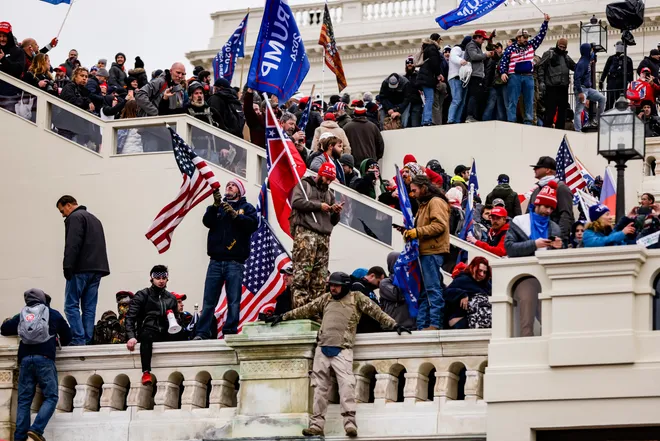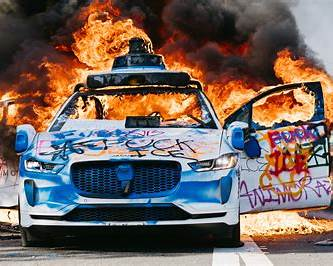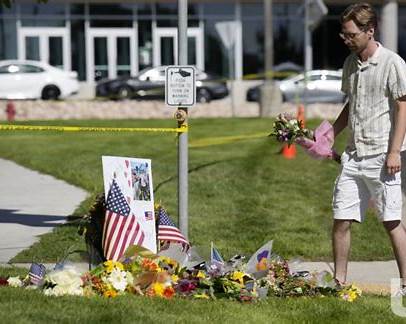America’s Flirtation with Political Violence — and Why It’s No Damn Joke!
- LR

- Sep 12, 2025
- 3 min read
Let’s not sugarcoat it: America’s political discourse has gone feral.
What used to be heated debates have curdled into Molotovs and death threats. Protest signs give way to smashed windows. Online spats leap off the screen and into the streets.
And while political violence isn’t new, its visibility has exploded — and pretending it’s background noise is like ignoring smoke while the house burns.
The Flames We Keep Feeding
Here’s the ugly truth:
Social media has turned conflict into content. Every clash gets filmed, filtered, and flung across feeds in seconds.
Hate crimes surged 6% in 2020 (FBI Hate Crime Statistics) — proof this isn’t just anecdotal chaos.
70% of Americans see the other political party as a threat (Pew Research Center). When half the country thinks the other half is the apocalypse, violence starts looking like patriotism.
This isn’t disagreement anymore — it’s demolition.
The Social Media Inferno
Social media is gasoline on dry grass. After George Floyd’s murder, it mobilized millions — and fueled mayhem. Extremist groups saw a recruitment spike during that period.
Algorithms don’t care about nuance; they care about rage clicks. And rage spreads faster than reason ever could.
Rhetoric That Lights Fuses
Leaders love to pretend words are harmless — until the bodies drop.The run-up to January 6 made it crystal clear: incendiary rhetoric isn’t just reckless, it’s a spark in a powder room.
Americans want leaders to denounce political violence — but too many respond with silence or smirking doublespeak.
That silence corrodes trust like acid, leaving democracy brittle and gasping.
Democracy on the Brink
Political violence doesn’t just hurt people — it scares them silent. Eligible voters say they worry political violence could affect their decision to vote.
Law enforcement answers unrest with heavier crackdowns, and the cycle grinds on: protest → crackdown → mistrust → more protest → more violence. The system slowly bleeds out while we argue over whose fault it is.
Breaking the Cycle
We can’t keep pretending political violence is a spectacle, something to be cheered or jeered at from a distance. The assassination of Charlie Kirk at Utah Valley University on September 10, 2025 — shot by a sniper during a public event — is one of the clearest wake-up calls yet (AP News). That senseless killing didn’t happen in a vacuum: it reflects a society where rhetoric, polarization, and radicalization have metastasized.
To break the cycle, we need more than calls for calm — we need a cultural reset. Teach people media literacy, critical thinking, the difference between a hard opinion and a threat. Demand leadership that recognizes words carry weight — where political figures don’t stoke the flame and then act surprised when someone throws fuel on the fire. We have to raise the standard of public discourse so that tragedies like Kirk’s aren’t met with polarization or tweets but with a collective refusal to let political violence be normalized.
The Bottom Line
Political violence is clawing its way from the margins to the main stage. And if we let it, it’ll burn democracy down for clicks and applause.
It’s on us — not “them” — to turn this around. Because the future won’t be handed to us.
We’ll have to fight for it — with words, not fists.




















Comments